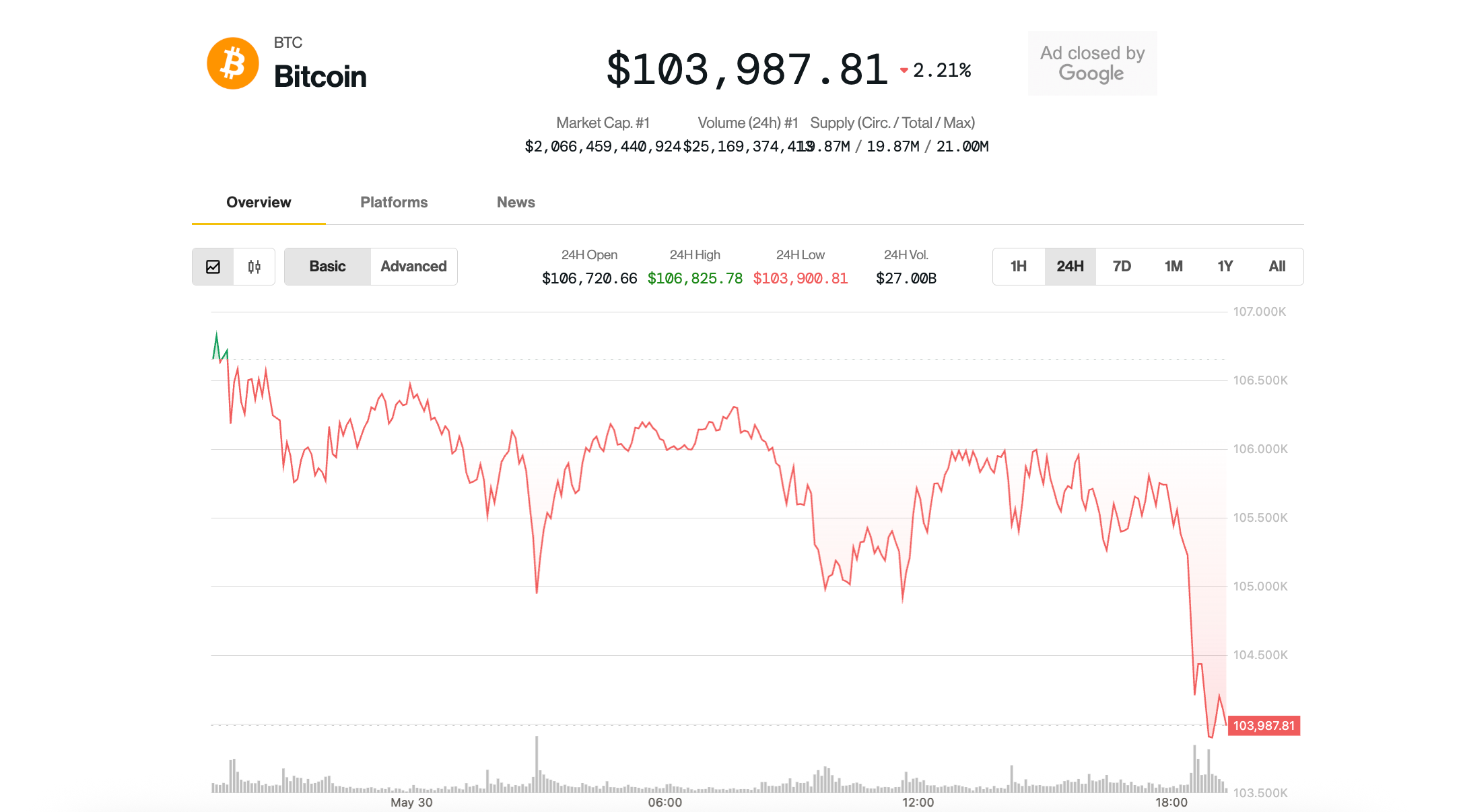
SEC also files Mango Markets hacker case
The U.S. Securities and Exchange Commission (SEC) has filed a lawsuit against Abraham Eisenberg, accusing him of orchestrating an attack on cryptocurrency derivatives exchange Mango Markets.
Eisenberg is already facing criminal and civil charges from the U.S. Department of Justice and the Commodity Futures Trading Commission (CFTC). This time, the SEC will also file a new lawsuit.
The SEC filed a complaint in federal district court in Manhattan, New York. It is suing Eisenberg for violations of securities laws and market manipulation clauses, seeking injunctions, restitution of ill-gotten gains and fines.
In October 2022, Eisenberg was involved in an attack that stole approximately ¥15 billion (approximately $116 million) of crypto assets (virtual currency) from Mango Markets.
Multiple accounts were prepared and prices were manipulated through self-trading. First, he sold a large number of perpetual contracts (perpetuals) of MNGO tokens, an exchange token, to his own separate account. It then made a series of large purchases of MNGO tokens with the aim of artificially increasing the price of the token.
As a result, the price of MNGO perpetual contracts increased. Defendant used the price increases in his perpetual futures positions to borrow large amounts of cryptocurrency from Mango Markets, draining assets from the platform.
What is a perpetual contract?
A type of futures contract to buy or sell an asset at a future date at a predetermined price. In the case of perpetual contracts, there is generally no fixed liquidation date, and you can continue to hold indefinitely.
 Cryptocurrency Glossary
Cryptocurrency Glossary
Days after the hack, Eisenberg came forward and admitted to manipulating prices, but claimed that using the protocol as it was designed was a “profitable trading strategy” and legal.
But U.S. investigators are pursuing Eisenberg. He was arrested in Puerto Rico in late December.
RelationUS Authorities Arrest Mango Markets Hacker on Suspicion of Fraud and Price Manipulation
As a background, after the attack, the defendant proposed to Mango DAO (autonomous decentralized organization) not to request a criminal investigation in exchange for returning most of the illegally obtained funds. The Mango community had authorized defendants to pay approximately ¥6.1 billion ($47 million) in bounty in exchange for returning approximately ¥8.7 billion ($67 million).
Even in such cases, the defendants were subsequently brought to justice by the authorities. It is expected that the authorities will act in the direction of preventing similar price manipulation in the future by moving to file a case.
SEC’s cryptocurrency unit
David Hirsch, Chief of the SEC’s Cryptocurrency and Cyber Unit, commented:
Eisenberg artificially inflated the price of MNGO tokens traded as cryptocurrency securities and withdrew nearly all available assets from Mango Markets. As a result, when the token price returned to pre-attack levels, the platform’s holdings were in the red.
As in this case, the SEC remains committed to rooting out market manipulation, regardless of security type.
The SEC considers MNGO tokens to be “securities” and filed a case.
In May 2022, the SEC will increase the research team involved in the cryptocurrency area by 20 people. In addition to providing virtual currency, it was also working on lending and staking, DeFi (decentralized finance), and NFT (non-fungible token).
Relation: SEC strengthens team in charge of virtual currency area Some voices of resistance
The post US SEC sues Mango Markets hackers appeared first on Our Bitcoin News.
Read More: bitcoinwarrior.net









 Bitcoin
Bitcoin  Ethereum
Ethereum  Tether
Tether  XRP
XRP  Solana
Solana  USDC
USDC  Dogecoin
Dogecoin  TRON
TRON  Cardano
Cardano  Lido Staked Ether
Lido Staked Ether  Wrapped Bitcoin
Wrapped Bitcoin  Hyperliquid
Hyperliquid  Wrapped stETH
Wrapped stETH  Sui
Sui  Chainlink
Chainlink  Avalanche
Avalanche  Stellar
Stellar  Bitcoin Cash
Bitcoin Cash  LEO Token
LEO Token  Toncoin
Toncoin  Shiba Inu
Shiba Inu  USDS
USDS  Hedera
Hedera  WETH
WETH  Litecoin
Litecoin  Wrapped eETH
Wrapped eETH  Polkadot
Polkadot  Binance Bridged USDT (BNB Smart Chain)
Binance Bridged USDT (BNB Smart Chain)  Monero
Monero  Bitget Token
Bitget Token  Ethena USDe
Ethena USDe  Pepe
Pepe  Pi Network
Pi Network  Coinbase Wrapped BTC
Coinbase Wrapped BTC  WhiteBIT Coin
WhiteBIT Coin  Dai
Dai  Aave
Aave  Uniswap
Uniswap  Bittensor
Bittensor  Cronos
Cronos  Ethena Staked USDe
Ethena Staked USDe  OKB
OKB  NEAR Protocol
NEAR Protocol  Aptos
Aptos  Jito Staked SOL
Jito Staked SOL  BlackRock USD Institutional Digital Liquidity Fund
BlackRock USD Institutional Digital Liquidity Fund  Tokenize Xchange
Tokenize Xchange  Ondo
Ondo  Internet Computer
Internet Computer